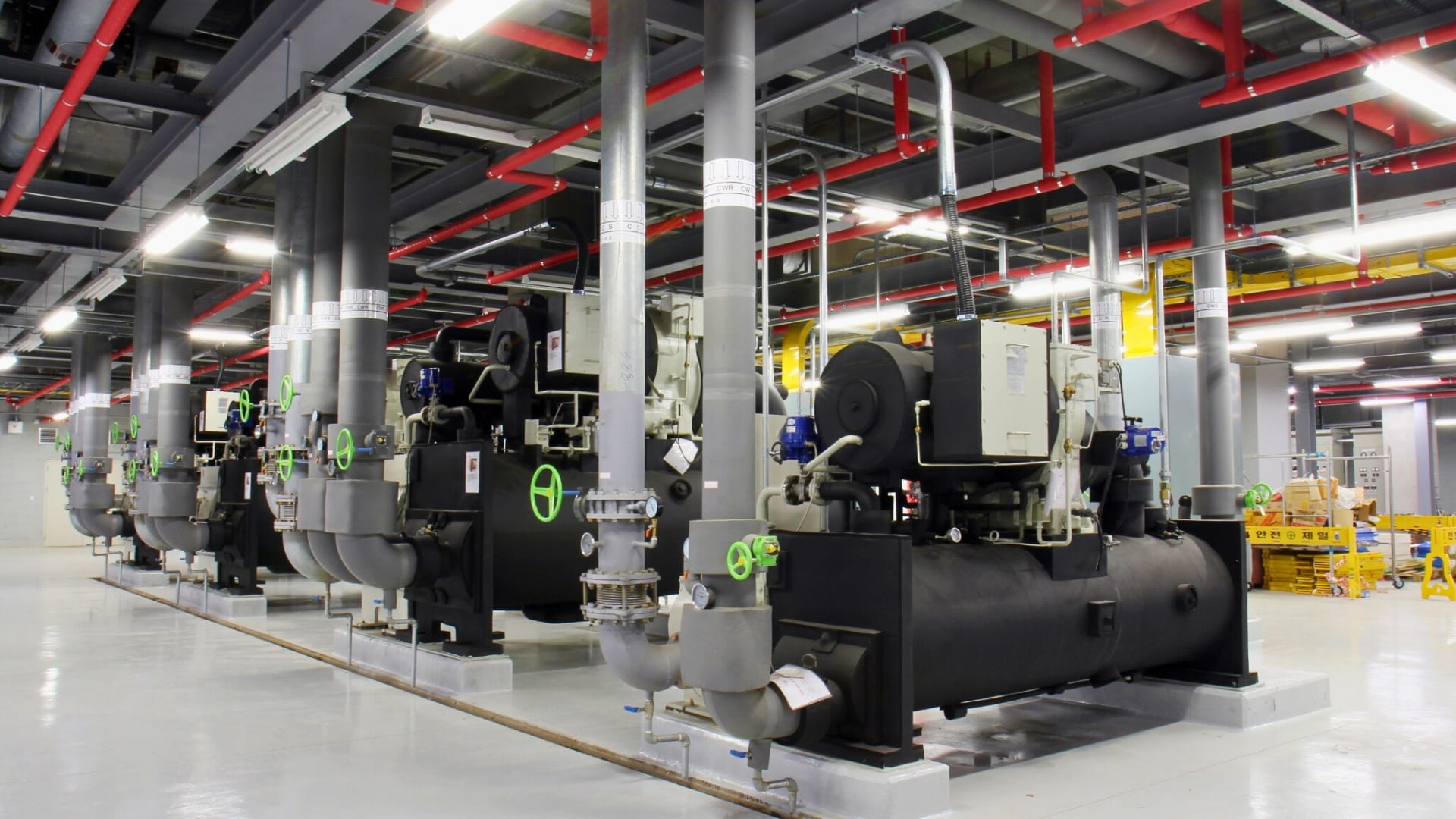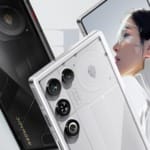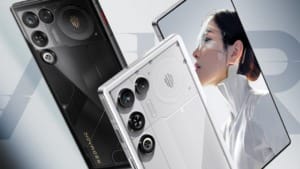LG boosts its presence in the global commercial HVAC market with efficient, high-capacity chillers
LG Electronics is bolstering its global presence in the commercial HVAC market, driven by strong sales and technological advancements in its chiller offerings.

LG Electronics is experiencing substantial growth in its Business-to-Business (B2B) Heating, Ventilation, and Air Conditioning (HVAC) sector, driven by robust sales of its large-capacity chillers. These chillers are designed specifically for expansive buildings and commercial facilities. Thanks to its advanced technology, the company has reported a remarkable nearly 40 per cent increase in average annual sales over the past three years.
Chillers are crucial components in modern cooling systems, providing air conditioning by circulating chilled water through a heat exchanger. Since introducing chillers in 2011, LG has expanded its HVAC range to include solutions for residential and commercial settings, central air conditioning systems, chillers for nuclear power plants, and comprehensive building management systems (BMS).
This segment of the business is emerging as a significant growth driver, with LG focusing on expanding its chiller sales globally. This strategy includes targeting both new projects, such as battery and material manufacturing plants, and traditional facilities like nuclear power plants. A recent achievement was securing a contract to provide chillers for a cutting-edge battery plant in North America.
LG’s market research predicts that the global chiller market will grow by six per cent annually until 2027. LG is aiming to more than double its sales of HVAC products by 2030, striving to establish itself as a leading global provider of innovative residential and commercial HVAC solutions.
Technological advancements and energy efficiency are at the heart of LG’s strategy
LG’s chillers are not only high-performing but also energy-efficient and cost-effective regarding maintenance. The integration of advanced heat pump technology with high-efficiency compressors and heat exchangers allows these chillers to consume less energy and lower operational costs compared to traditional chiller systems.
One of the standout products, the LG Inverter Scroll Chiller, exemplifies efficiency. It employs an R32 refrigerant, which has a significantly lower global warming potential than the commonly used R410 refrigerant. These chillers are designed with ease of maintenance in mind, featuring components that are simple to replace and providing easy access for routine inspections.
Expanding global reach in response to increasing demand
LG’s chiller business, already well-established in Asia, is extending its reach globally. Spurred by growing demand for advanced HVAC solutions, the company is making inroads in regions like the Middle East, Europe, and Central and South America. LG’s edge in the market is reinforced by its sophisticated core technologies, including proprietary compressors and motors. The firm is also investing heavily in research and development, focusing on critical HVAC technologies such as heat exchangers, inverters, and heat pumps.
James Lee, head of the Air Solution Business Unit at LG Electronics Home Appliance & Air Solution Company, emphasised the company’s commitment: “We are committed to delivering efficient cooling systems that leverage our proprietary HVAC technologies to present exceptional performance and value to our global customers,” said James Lee. “LG will continue to expand its presence in the global HVAC market with differentiated solutions including chillers, aligned with the latest trends in electrification and decarbonisation.”
















